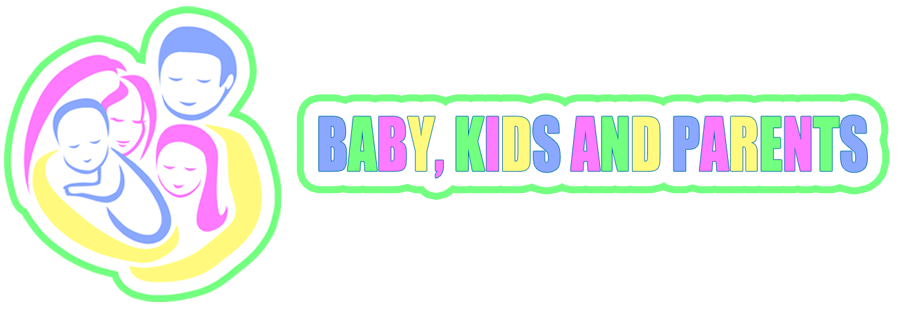
The kidneys are one of the vital organs that proper body function depends on. Bean-shaped in appearance, these two organs are positioned laterally against the back muscles in the upper abdominal cavity right beneath the rib cage.
The list of functions the kidneys perform is quite long. To start with, they detoxify the blood, filter out waste through urine and remove excess water from the body. Plus, the kidneys retain water when the body needs more.
In addition, these important organs help regulate calcium and phosphate levels in the body. They also secrete important hormones that help regulate body functions like blood pressure and formation of red blood cells – erythrocytes. These are vital for transporting oxygen and important nutrients throughout the body.
Proper kidney function is vital for overall health. A number of signs can point to kidney malfunction. The most common symptoms include change in color and amount of urine, dizziness, vomiting, anemia, breathing issues, feeling cold most of the time, tiredness or fatigue, itchy skin, bad breath and sudden pain in the body.
1. Insufficient Water Intake
Drinking insufficient amounts of water can be detrimental for your kidney health. As mentioned earlier, the main function of the kidneys is to flush out metabolic waste from the body and regulate erythrocyte production.
When there’s not enough water in the body, there’s less blood flow to the kidneys because the blood becomes more concentrated. This affects the kidneys’ ability to remove toxins from the body, which eventually leads to toxin accumulation in the body.
The National Kidney Foundation recommends drinking a minimum of 10-12 glasses of liquids daily for healthy adults. This will ensure optimal kidney function as well as body hydration.
2. Consuming Too Much Coffee
Excessive caffeine intake can lead to hypertension, which consequently overworks your kidneys. This can damage your kidneys in the long run.
According to a 2002 study published in Kidney Interonanatil, caffeine has been closely linked to kidney stones because caffeine increases calcium excretion in urine.
However, if consumed moderately, caffeine won’t cause health problems for most people. The recommended dose is 1-2 cups of coffee, and 3 cups of tea per day. It’s also recommended to cut down other sources of caffeine including soft and energy drinks, chocolate, cocoa and some medications.
3. High Salt Consumption
Too much salt can cause serious damage to your kidneys along with other health complications. Taken that the kidneys metabolize 95% of the sodium consumed through food, excessive sodium intake puts a lot of unnecessary strain on this organ.
In other words, high sodium consumption makes your kidneys work harder to eliminate the excess salt. Consequently, this results in reduced kidney function and water retention in the body. Water retention, on the other hand, can increase blood pressure, which further worsens your kidney health.
Moreover, salt intake increases the levels of urinary protein, one of the underlying causes of kidney disease.
The recommended daily sodium requirements shouldn’t exceed 5 grams. Everything above this is unsafe for your kidneys and your overall health. 1 teaspoon of salt measures around 6 grams.
4. Drinking Too Much Alcohol
There’s nothing wrong with moderate alcohol consumption. However, excessive drinking can be really harmful for your kidneys. For one thing, alcohol puts a lot of stress on your kidneys and liver. When it’s consumed in high amounts, it results in uric acid being deposited in the renal tubules and leads to tubular obstruction. This puts you at a high risk of kidney failure. In addition, alcohol causes dehydration thus affecting normal kidney function.
A recommended amount of alcohol per day is 2 drinks for men and 1 drink for women and seniors.
5. Lack of Sleep
Sleep deprivation is a common health issue related to modern way of living. Health experts advise that sound sleep of 6-8 hours a day is vital for overall health.
What happens in the body during sleep is that organ tissues regenerate. So, when you are sleep deficient, this regeneration process is hampered, which results in kidney and other organ damage.
A number of studies have found that sleep deprivation can also lead to high blood pressure and atherosclerosis (clogging of the arteries), which only put you at a higher risk of kidney disease.
Having healthy sleeping habits and maintaining a good work-rest balance will significantly improve your kidney function as well as your overall health.
Source http://www.myhealthylifevision.net/
All content on this Web site, including medical opinion and any other health-related information, is for informational purposes only and should not be considered to be a specific diagnosis or treatment plan for any individual situation. Use of this site and the information contained herein does not create a doctor-patient relationship. Always seek the direct advice of your own doctor in connection with any questions or issues you may have regarding your own health or the health of others.

